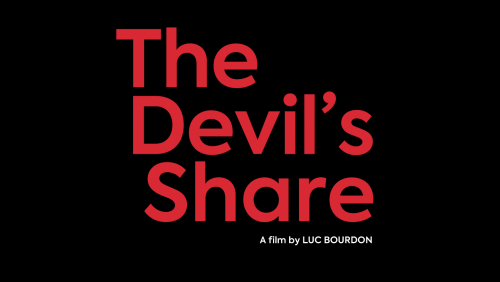
Quebec, on the cusp of the 1960s. The province is on the brink of momentous change. Deftly selecting clips from nearly 200 films from the National Film Board of Canada archives, director Luc Bourdon reinterprets the historical record, offering us a new and distinctive perspective on the Quiet Revolution.
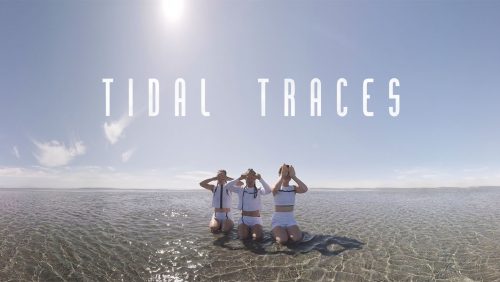
Tidal Traces is a 360-video VR dance piece that places viewers in the centre of the performance. In it, three characters explore a new and uncertain world—moving between tranquility and ominousness, beauty and peril. Entangled in this tension, the viewer becomes the fourth character, directly composing the dance through their gaze.
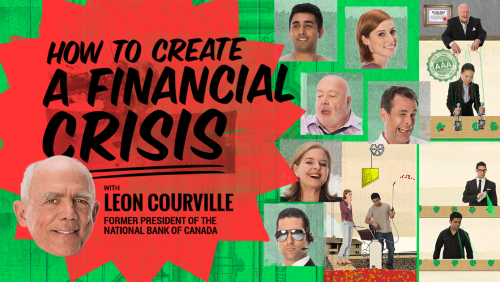
How to Create a Financial Crisis is a conversation via text messaging with Léon Courville, professor of economics and former President and Chief Operating Officer of National Bank of Canada, who invites users to create a financial crisis in order to understand its theoretical underpinnings and, more importantly, the human behaviour behind it. The experience is optimized for mobile phones and also accessible on tablets and computers. Each user engages in a 20- to 25-minute conversation with the professor, who unpacks five concepts that are vital to understanding the forces at work in the modern financial system. Through these exchanges, the user meets key players—including consumers, bankers, investors, politicians, and oligarchs—and explores the nature of imbalances within the compensation system, practices of debt securitization, flaws in financial regulations, the concentration of influential power (the “too big to fail” syndrome), and the usurpation of democratic systems by financial oligarchies.
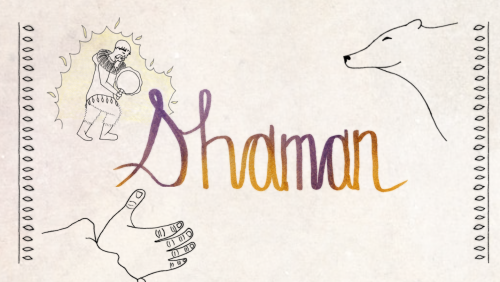
Shaman is a first collaboration between the National Film Board of Canada and Labrador Inuk artist—and first-time animator—Echo Henoche. The short brings to life Henoche’s favourite legend, told to her by her grandfather in her home community of Nain, Nunatsiavut, on Labrador’s North Coast. It is the story of a ferocious polar bear turned to stone by an Inuk shaman. Hand-drawn and painted by Henoche in a style all her own, Shaman shares with the world her perspective on this Labrador Inuit legend.
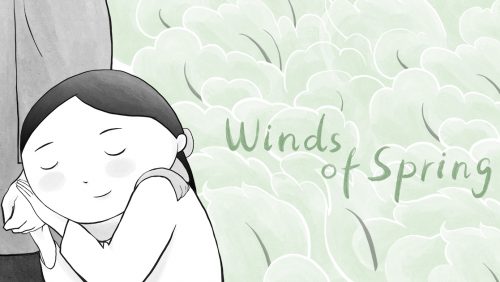
Stay or go? Keyu Chen examines this emotionally charged question in her first professional animated film, Winds of Spring, a delicately crafted work that unfolds with the rhythm of the seasons. Based on the filmmaker’s own personal experiences, this tenderly told story opens a window onto something universal. Driven by the irrepressible need for self-fulfillment, a young girl sets aside her family traditions and decides to leave the nest. In doing so, she begins an inexorable journey toward separation, with all of its magnificent and devastating implications for both her and her grandmother, who agrees to let her go. Keyu Chen employs her signature style of fluid transitions and fine, spare lines inspired by Chinese ink painting, in a film whose nuances of light and dark reflect the protagonist’s hopes and dreams on the dawn of her departure.
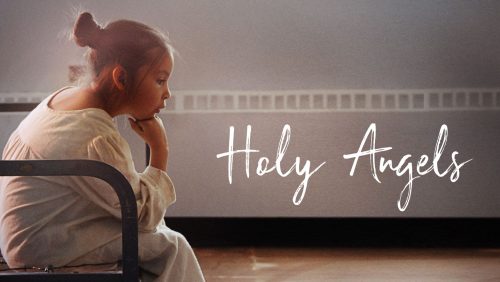
In 1963, Lena Wandering Spirit became one of the more than 150,000 Indigenous children who were removed from their families and sent to residential school. Jay Cardinal Villeneuve’s short documentary Holy Angels powerfully recaptures Canada’s colonialist history through impressionistic images and the fragmented language of a child. Villeneuve met Lena through his work as a videographer with the Truth and Reconciliation Commission. Filmed with a fierce determination to not only uncover history but move past it, Holy Angels speaks of the resilience of a people who have found ways of healing—and of coming home again.
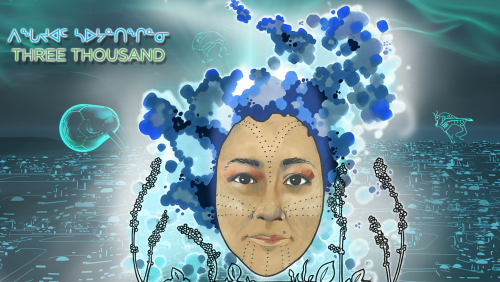
“My father was born in a spring igloo—half snow, half skin. I was born in a hospital, with jaundice and two teeth.”
Inuk artist Asinnajaq plunges us into a sublime imaginary universe—12 minutes of luminescent, archive-inspired cinema that recast the past, present and future of Inuit in a radiant new light.
Diving into the NFB’s vast archive, she parses the complicated cinematic representation of Inuit, harvesting fleeting truths and fortuitous accidents from a range of sources—newsreels, propaganda, ethnographic docs, and works of Inuit filmmakers. Embedding historic footage into original animation, she conjures up a vision of hope and beautiful possibility.
Produced by the National Film Board of Canada, Three Thousand is directed by Asinnajaq, also known as Isabella Weetaluktuk, and produced by Kat Baulu.
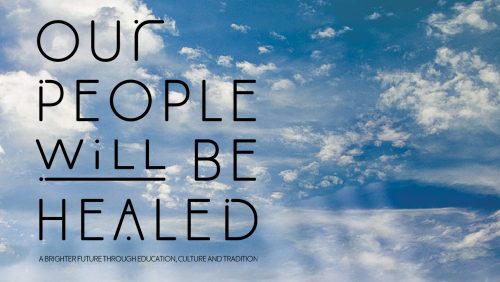
Our People Will Be Healed, Alanis Obomsawin’s 50th film, reveals how a Cree community in Manitoba has been enriched through the power of education. The Helen Betty Osborne Ininiw Education Resource Centre in Norway House, north of Winnipeg, receives a level of funding that few other Indigenous institutions enjoy. Its teachers help their students to develop their abilities and their sense of pride. In addition to teaching academic subjects, the school reconnects students with their ancestral culture.
The fifth film in a cycle that began with The People of the Kattawapiskak River, Our People Will Be Healed adopts an optimistic tone without denying a dark past. It bears witness to the tragedies that have befallen the Plains Cree, such as being confined to reserves, forbidden to practise any cultural ceremonies, including the Sun Dance, and sent off to residential schools. But first and foremost, the film conveys a message of hope: that in an appropriate school environment, one that incorporates their people’s history, language and culture, Indigenous youth can realize their dreams.
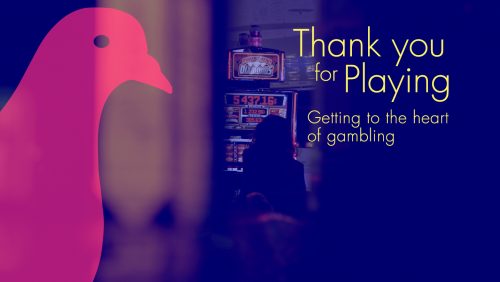
The new interactive website Thank You for Playing invites users to discover the dark side of gambling by exploring how games of chance affect players who develop addictive behaviours.
Slot machines and other casino games are designed to manipulate players and their desire to play, eliciting a neurological reward/punishment reaction. When players win, their faith in a good outcome is strengthened; when they lose, they feel like they’ve been punished and try to redeem themselves. Without being aware of it, the player becomes a hostage to these two emotional states—and casinos know full well how to take advantage of this.
Thank You for Playing allows us to follow the personal stories of three players who recount their experiences of addiction and abstinence. Various experts (neurologists, psychologists, and addiction specialists) offer theories to help audiences understand the mechanism and source of the dangerous, drug-free addiction that is compulsive gambling.
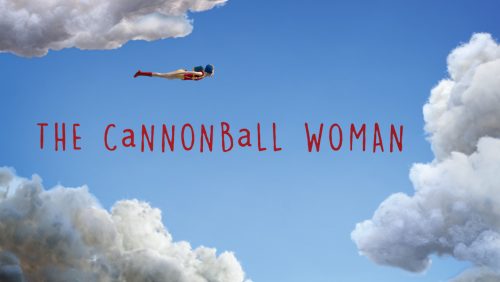
Madeleine the Human Cannonball and her husband are carnies. Their lives, like their show, seem to be perfectly under control. But in reality, Madeleine is unhappy and wants to break out of her routine. Without saying a word, she leaves her husband and becomes the Bearded Lady. Time passes, but their love for each other does not die.
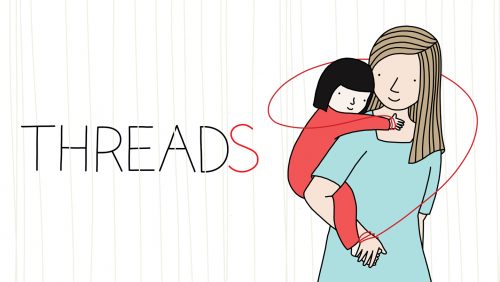
In her latest animated short, Oscar®-winning director Torill Kove tells a story of the beauty and complexity of parental love.
Threads takes us on a journey that is at once intimate in its telling and expansive in its scope. The film speaks volumes about the attachments we crave, form and sometimes grieve, as they evolve in ways that can leave us feeling lonely or left behind—as any parent of an adopted or biological child knows only too well.
The animated short follows a mother and daughter as they make their way through the young girl’s rites of passage: school, friends and late nights out. What happens to the thread that ties them together? How do they stay connected?
In a film without words, body language becomes the lexicon, and Kove has created a vocabulary that captures in a few simple strokes the dance of rejection and acceptance at the heart of human connection.
A film about the power of the bonds we form, and the ways in which they stretch and shape us.